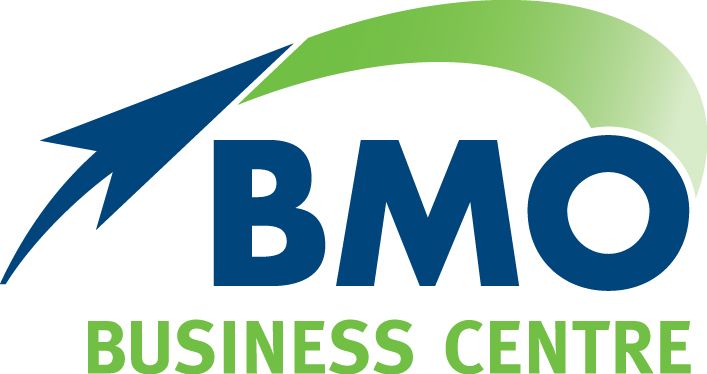Tax relief for start-ups
To encourage innovation and new small businesses, the government offers a range of valuable tax incentives and concessions designed to help start-ups. There are even tax deductions for expenses you incur before you start trading. Here’s an outline of some of the tax concessions on offer:
Start-up expenses
Most new businesses face some hefty start-up expenses to get their big idea up and running, so an immediate tax deduction can be a big help. For example, expenses incurred when you receive advice about the proposed structure or operation of a new business can be fully claimed in the same financial year.
Payments to government agencies for fees or charges relating to establishing the business can also claimed. These include costs such as fees for creating a company and stamp duty on assets transferred into the business.
Simplified depreciation rules
Another valuable tax concession is the instant asset write-off, which allows small businesses including start-ups to immediately deduct the business portion of assets purchased between 1 July 2016 – 30 June 2018.
The deduction is available for each asset costing less than $20,000, whether new or second-hand. It’s claimed through the business tax return in the year the asset is first used or installed.
Paying next year’s bills
In some cases you can also claim an immediate deduction for pre-paid expenses.
This tax concession allows you to claim a deduction in the current financial year if you pay for costs relating to future years such as the following year’s insurance policy premium, advertising or professional subscriptions.
Incentive for research expenses
Start-ups with a significant research and development (R&D) component may be eligible for the R&D Tax Incentive. This is not just for tech companies or inventions; the main criteria is whether the business is doing something different or new to the market.
If a business qualifies, the R&D concession provides a 43.5 per cent refundable tax offset. This means even if your start-up is operating at a loss, the tax benefit will still be refunded.
Company tax breaks
The government’s new tax concessions for small business entities with an aggregated annual turnover under $10 million are also a welcome boost. Qualifying businesses enjoy the lower company tax rate of 27.5 per cent, which will be extended to companies with turnovers under $25 million in 2017/18 and under $50 million in 2018/19.
In addition, the turnover threshold for small business fringe benefits tax (FBT) concessions has been increased to $10 million. This means qualifying small business employers can provide employees with FBT-exempt car parking, provided it is not in a commercial car park. They can also give employees multiple FBT-exempt portable electronic devices, including laptops, tablets, calculators and mobile phones, provided they are work-related.
Offset your tax bill
The small business income tax offset (or unincorporated small business tax discount), which is available to sole traders, partnerships and trusts reduces tax payable and will continue to increase in future years.
The 8 per cent offset (in 2016/17) applies to businesses with a turnover of less than $5 million and has an annual limit of $1,000. In 2024/25 the offset will increase to 10 percent, 13 percent in 2025/26 and 16 percent in 2026/27.
Cloud Accounting Software
There are a number of different cloud accounting software options available to ensure your business meets its taxation and record keeping obligations while providing efficiencies to make ‘bookwork’ easier for you. The software can be tailored to suit your business now in its start-up phase but the software will continue to support your business as it grows by adding more features, such as payroll, when needed.
Cloud accounting software can be as little as $1 a month and provides efficiencies in data entry, paying employee superannuation payments and ATO lodgements, allowing business owners to spend more time working on the business, future plans and developments or enjoying a better work/life balance.
Streamlining SG payments
If you are not using a cloud accounting software, the Small Business Superannuation Clearing House allows start-ups to pay employee Super Guarantee contributions in a single electronic payment. Businesses with 19 or fewer employees and turnovers under $10 million can access the service.
Contact us if you’d like more information about how your business can benefit from government incentives and concessions.
Source: ATO
The post Tax relief for start-ups appeared first on BMO Accountants.


